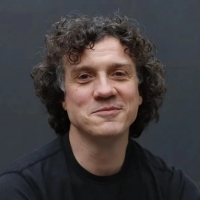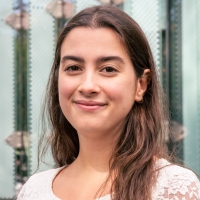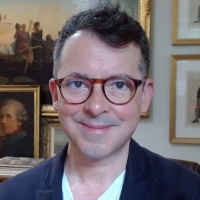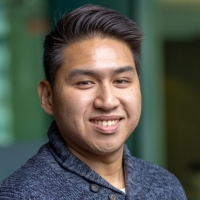Darragh Ennis, PhD
Scientist and television personality
Darragh Ennis studied general science and a PhD in Ecology at National University of Ireland Maynooth from 1999-2008, specialising in insect behaviour and the biological control of insect pests. He worked for a year at a multinational medical biotech company as a biomedical scientist before moving to Montreal. Worked in the lab of Dr. Emma Despland from 2009-2012, where he studied outbreak dynamics of Spruce Budworm and Forest Tent Caterpillar. From Montreal he moved to Oxford where he spent 12 years working as a senior postdoctoral researcher and lab manager in the lab of Prof. Ilan Davis in the biochemistry Dept. of the University of Oxford, where he studied the RNA biology of fruit fly brains. In a strange twist of fate he became a professional quizzer, working on the popular UK TV game show "The Chase" where he is now called "The Menace" and crushes contestants dreams for a living. Throughout his scientific and now media career he has been a passionate outreach and public engagement advocate, and is now a co-host of a science podcast called "A Normal Meets A Nerd" and author of the popular science book "The Body: 10 Things You Should Know".

















